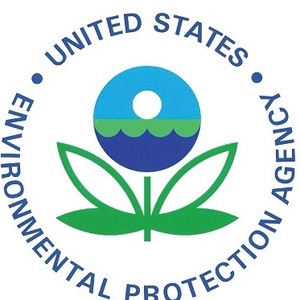EPA posts call-in information for Oct. 30 hearing on SRE proposal

October 29, 2019
BY Erin Krueger
The U.S. EPA has posted call-in information for its Oct. 30 hearing on the supplemental notice of proposed rulemaking released Oct. 15 that seeks comments on how the agency should project the volume of small refinery exemptions (SREs) in future annual Renewable Fuel Standard rulemakings to set annual renewable volume obligations (RVOs).
The rulemaking has been slammed by those in the biofuels industry as a bait-and-switch. While the original SRE deal the industry was briefed on was to use a three-year rolling average of actual SRE waived volumes to predict future waived volumes, the rulemaking released by EPA on Oct. 15 proposes to use a three-year rolling average of U.S. DOE SRE recommendations, rather than actual exemptions, to project future waived volumes. Unlike data on actual waived SRE volumes, DOE recommendations are not publicly available and have largely been disregarded by the EPA in recent years during its process to evaluate and approve or deny SRE applications.
The EPA will hold a hearing Oct. 30 on the supplemental notice of proposed rulemaking in Ypsilanti, Michigan. The hearing will begin at 9:00 a.m. EST and end when all parties who wish to speak have had an opportunity to do so. A listen-only conference line is available for the event. The call-in information is now available on the EPA website.
Advertisement
A public comment period on the proposed rule is also open through Nov. 29. Comments can be filed online at www.Regulations.gov under Docket ID No. EPA-HQ-OAR-2019-0136.
Advertisement
Related Stories
International Sustainability & Carbon Certification has announced that Environment and Climate Change Canada has approved ISCC as a certification scheme in line with its sustainability criteria under its Clean Fuel Regulations.
Legislation introduced in the California Senate on June 23 aims to cap the price of Low Carbon Fuel Standard credits as part of a larger effort to overhaul the state’s fuel regulations and mitigate rising gas prices.
The government of Brazil on June 25 announced it will increase the mandatory blend of ethanol in gasoline from 27% to 30% and the mandatory blend of biodiesel in diesel from 14% to 15%, effective Aug. 1.
The U.S. Court of Appeals for the D.C. Circuit on June 20 rejected several claims challenging the U.S. EPA’s RFS Set rule but will require the agency to provide additional information on certain environmental findings.
The 2025 International Fuel Ethanol Workshop & Expo, held in Omaha, Nebraska, concluded with record-breaking participation and industry engagement, reinforcing its role as the largest and most influential gathering in the global ethanol sector.
Upcoming Events










